Whether it's a passing headache or nagging backache with a side of lovely sciatica-triggered tingles down the leg, having to cope with any sort of pain during pregnancy is no picnic! Although over-the-counter painkillers like acetaminophen and ibuprofen are considered safe for expectant moms, a recent JAMA Pediatrics study raised concerns about the former, concluding that it could potentially disrupt hormones and influence fetal brain development. Unnerving to say the least.
More from CafeMom: 11 Hazardous Items No One Should Ever Buy at Dollar Stores
There are many joys to being pregnant — the baby, for one thing. But the things that we don't love as much are the back pain, swollen ankles, and all sorts of mysterious aches and pains that come with carrying a small human around for nine months. So if a mom doesn't want to risk any complications from over-the-counter painkillers, she could give natural painkillers a try. More research about natural pain relievers needs to be done, of course, but it's not unreasonable to want to seek out alternatives for relief, if only as a way to keep OTC drug use to a minimum.
More from CafeMom: What the Color of Our Period Blood Says About Our Health
Here, 9 natural, safe prenatal pain-fighters moms could try instead.
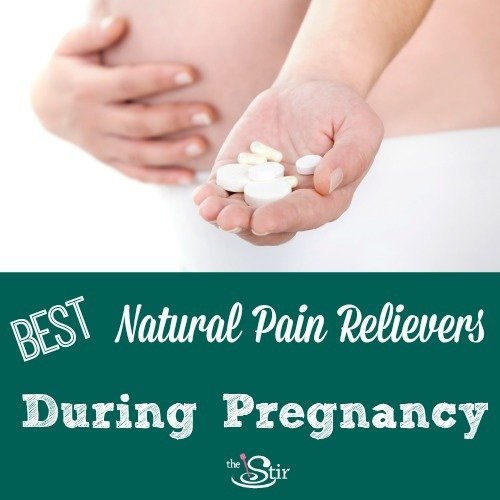
1. Massage
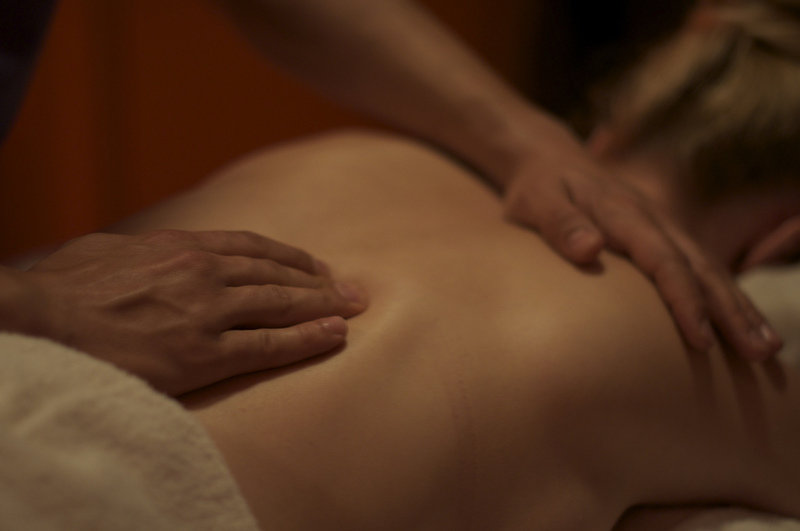
Jennifer Mayer, certified holistic health coach, birth doula, and co-founder of Baby Caravan in New York, refers her clients to massage therapy if they're experiencing various aches and pains. "Prenatal massage from a trained professional can help alleviate back pain, hip discomfort, help the rib cage expand to accommodate the growing baby, and help with insomnia and general stress," she says. Because you're discouraged from lying flat on your back after mid-pregnancy (as the weight of your uterus puts too much pressure on the vein that returns blood from your legs to your heart), a professional trained in prenatal massage will most likely have you use a special table or pad with hollowed-out areas and special pillows to accommodate your baby bump. Bonus: Research has shown postpartum depression and levels of the stress hormone cortisol were decreased in women who had prenatal massage sessions.
2. Arnica gel
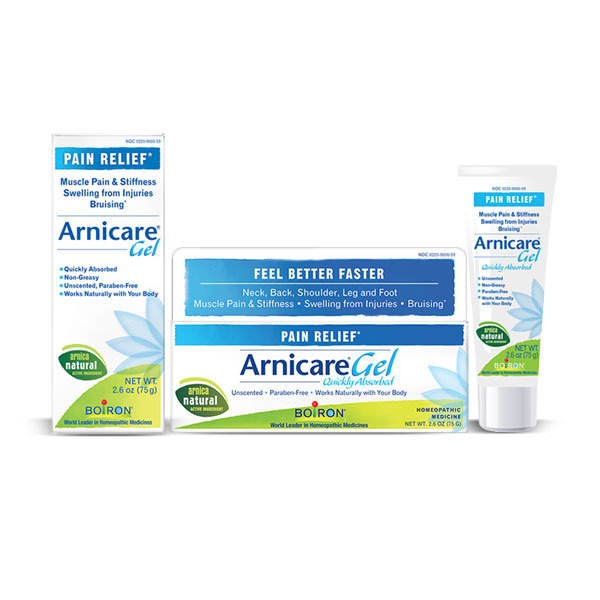
For muscular aches and pains, you can reach for a topic gel containing the herb arnica, like Arnicare Gel ($6.69, Amazon.com). The homeopathic gel has been shown to help ease lower back pains, varicose veins, and thanks to its anti-inflammatory effects, it can also reduce joint swelling you may experience in the third trimester. However, because it's a powerful treatment, it's best to speak with your health care provider before using it during pregnancy.
3. Frankincense essential oil

Some midwives advise their patients to try anti-inflammatory, anti-arthritic frankincense essential oil to ease sore joints or headaches. To do: Mix a drop of the oil with at least a teaspoon (5ml) of a base — like grapeseed or sweet almond oil — and then add to a bath or smooth it over your skin. (Be sure not to use essential oils internally, unless they are approved for oral use as a dietary supplement and you've consulted your health care practitioner.)
4. A warm compress

As if it wasn't bad enough getting hormonally-charged headaches, encountering a sinus headache can be a run of the mill occurrence for many women while expecting, as well. Thankfully, you could try to tackle this one with a simple warm compress. Applying a warm, moist washcloth across your forehead, eyes, and cheeks for three minutes can do wonders to ease swelling and throbbing.
5. A cold compress

For tension aches and pains, try applying a cold compress to the base of your neck for three-minute intervals. This will work by bringing down swelling and inflammation. If you don't have an ice pack at hand, you can make your own ice towel. To do, dampen a regular towel with cold water, fold it in a plastic, sealable bag, place it in the freezer for 15 minutes, then apply it to the affected area.
6. The MELT Method
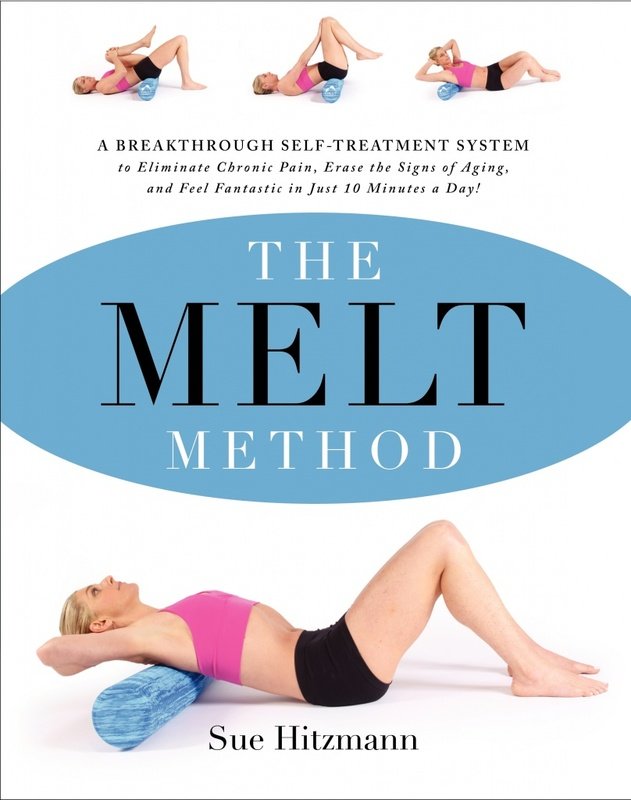
Mayer also recommends the MELT Method to clients, a fitness therapy created by manual therapist Sue Hitzmann, MS, CST, NMT, which works to rehydrate the body’s connective tissue to alleviate chronic pain, tension, or stress. Hintzmann says certain pain-relieving practices — like the MELT Soft Ball Foot Treatment — has additional benefits for expectant moms, noting, "Your balance will improve, helping you adjust to your changing center of gravity, and you'll feel less stiffness and swelling. You can even reduce the annoying symptoms of restless leg syndrome, which pregnant women often experience." You can learn more in her book The MELT Method: A Breakthrough Self-Treatment System to Eliminate Chronic Pain, Erase the Signs of Aging, and Feel Fantastic in Just 10 Minutes a Day or see sample exercises here.
7. Prenatal yoga

Yoga is especially useful at decreasing lower back pain, nausea, carpal tunnel syndrome, and headaches, according to the Mayo Clinic. And if your aches and pains are related to stress, consider this: A single session of yoga reduced self-reported anxiety by a third and stress hormone levels by 14 percent in a study of expectant moms published in the journal Depression and Anxiety. Prenatal yoga that's specifically geared for pregnancy or hatha (gentle) yoga are generally recommended, but check with your health care provider before attending a class, as it may not be advisable if you are at increased risk of preterm labor or have certain medical conditions, such as heart disease or back problems.
8. Chiropractic care
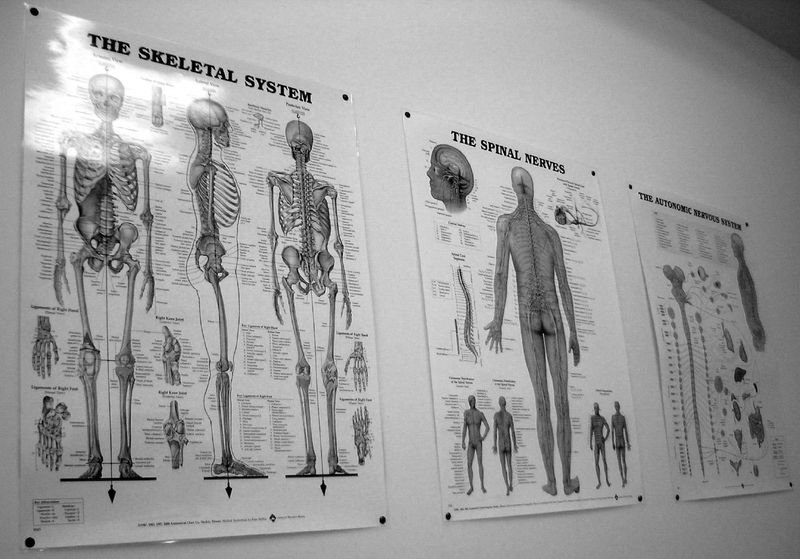
Make sure to talk to your doctor or ob-gyn about this first, but another possible fix for pregnancy-related back pain could be chiropractic care, which entails using hands-on pressure to gently adjust spinal misalignments. In a 1998 study published in the journal Obstetrics and Gynecology, 70 percent of pregnant women receiving chiropractic adjustments achieved long-term relief from pain. Be sure to look for a practitioner who is a member of the International Chiropractic Pediatric Association, a certifying organization for chiropractors specializing in prenatal and children’s care.
9. Acupuncture
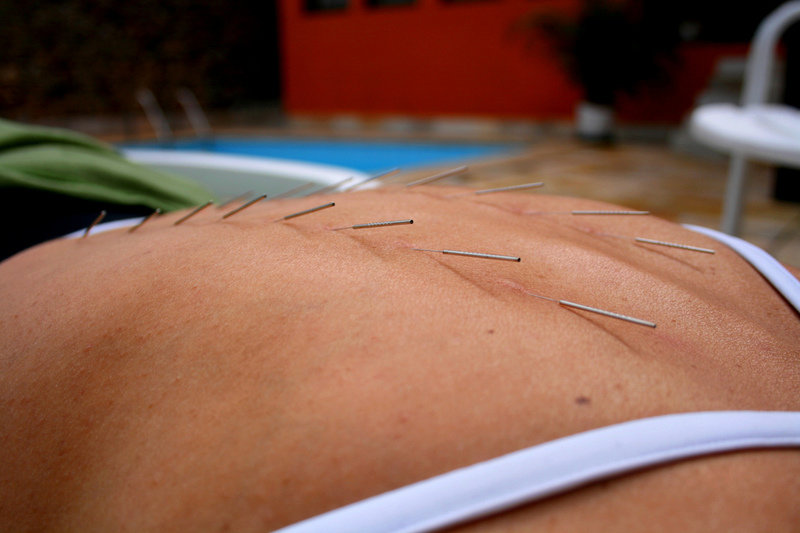
Many studies show acupuncture is an effective, safe option for pregnant women contending with the common and often disabling issues of pelvic pain, backache, sciatica, joint pain, and carpal tunnel syndrome back pain during pregnancy. What's more, benefits could even be immediate. When seeking treatment, you'll want to ensure your therapist has experience dealing with pregnant women and is nationally certified.




